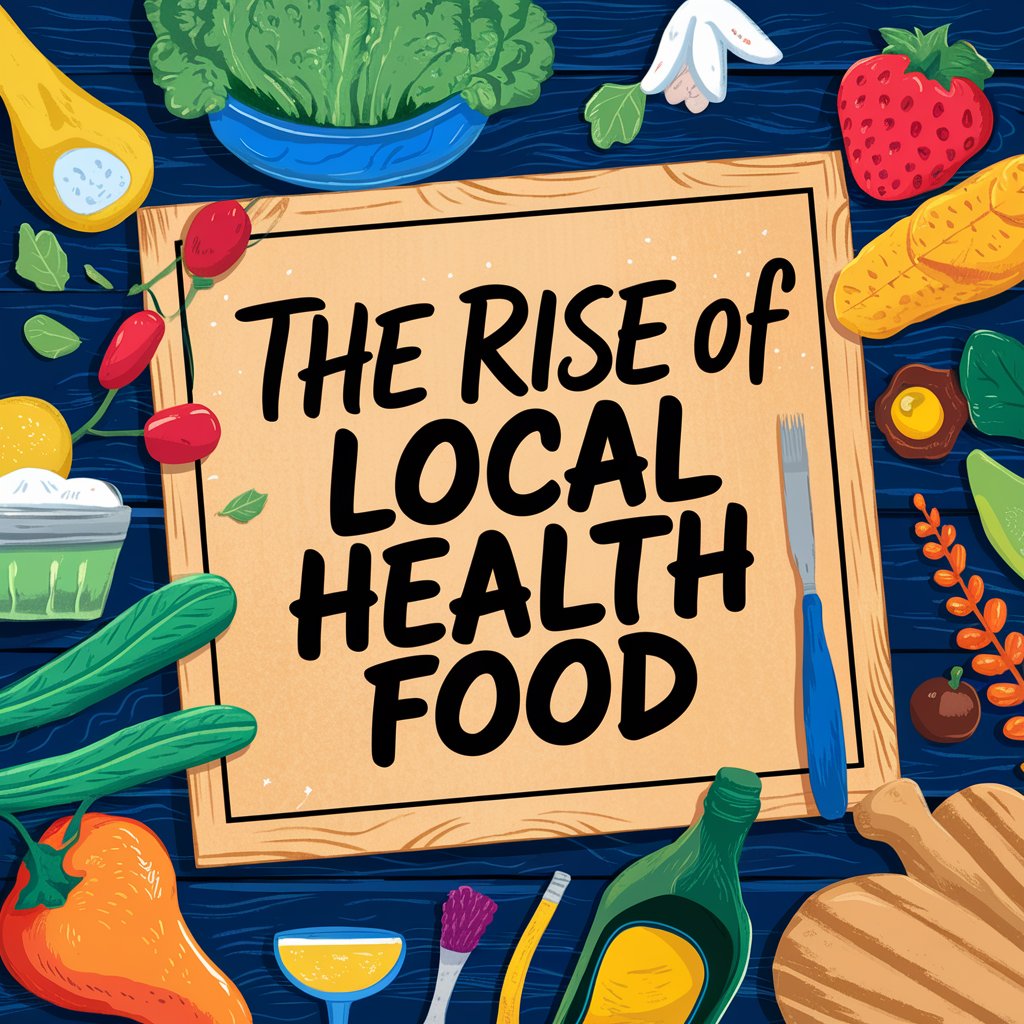A Shift Toward Healthier, Sustainable Eating
The way we eat is changing. Consumers are looking for local health food more than ever, shifting away from mass-produced, heavily processed options in favor of fresh, organic, and sustainably sourced alternatives. This growing demand isn’t just about personal health—it’s about supporting local economies, reducing environmental impact, and embracing a food system that prioritizes quality over convenience.
With the rise of farmers’ markets, organic cooperatives, and small-scale food producers, communities have more access to health food near me than ever before. But why is this shift happening now, and why does it matter?
The Health Benefits of Eating Local
Freshness is a key factor when it comes to nutrition. The moment food is harvested, it begins to lose essential vitamins and minerals. Fruits and vegetables that travel long distances often sit in storage for days—or even weeks—before reaching store shelves. By the time they make it to your plate, their nutritional value has significantly diminished.
Local health food, on the other hand, is picked at peak ripeness and sold directly to consumers with minimal processing and transportation. This means higher levels of vitamins, antioxidants, and beneficial enzymes that contribute to better overall health.
Beyond produce, locally sourced meats, dairy, and eggs often come from farms that prioritize ethical and sustainable practices. Free-range poultry, grass-fed beef, and organic dairy products contain more omega-3 fatty acids and fewer harmful additives compared to their industrially farmed counterparts. When consumers choose health food near me, they gain access to fresher, more nutrient-dense options that support long-term wellness.
Why Organic and Sustainable Farming Matters
Another driving force behind the local food movement is the increasing awareness of industrial farming’s impact on both human health and the environment. Conventional farming methods rely heavily on pesticides, synthetic fertilizers, and genetically modified organisms (GMOs), all of which pose potential health risks.
In contrast, many small-scale and local farms use organic and regenerative farming techniques that promote soil health, reduce water contamination, and eliminate harmful chemicals. Choosing local health food not only means eating better but also supporting farming practices that prioritize environmental stewardship.
Sustainable agriculture also encourages biodiversity. Industrial farms often grow monocultures—large fields of a single crop—which deplete the soil and require heavy chemical use. Smaller, local farms embrace crop diversity, which naturally improves soil quality and reduces the need for artificial interventions. This shift toward sustainability ensures that farmland remains fertile for future generations.
Finding Health Food Near Me: Where to Start
With the increasing popularity of health food near me, finding fresh, organic options is easier than ever. Many communities now offer direct access to locally grown produce, pasture-raised meats, and artisanal health products.
Farmers’ markets have become a staple in urban and suburban areas, allowing consumers to connect directly with growers. Community-supported agriculture (CSA) programs provide a convenient way to receive fresh, seasonal produce while supporting small farms. Independent health food stores and co-ops stock a wide variety of organic, locally sourced products that prioritize quality and sustainability.
Even restaurants are embracing the movement, incorporating farm-to-table ingredients into their menus. When dining out, seeking out establishments that prioritize local health food can enhance both the dining experience and personal well-being.
Economic and Social Benefits of Choosing Local
Beyond personal health and environmental sustainability, buying local health food plays a vital role in strengthening local economies. Supporting local farmers and small businesses keeps money circulating within the community, fostering economic growth and job creation. Instead of profits going to large corporations, they stay within the region, benefiting families, small-scale producers, and independent retailers.
The connection between consumers and food producers also fosters transparency and trust. Unlike industrial food systems that rely on mass distribution networks, local food sources allow people to see exactly where their food comes from. This direct relationship creates accountability, encouraging ethical farming practices and higher-quality products.
A Future Built on Fresh, Local Choices
The rise of local health food is more than just a passing trend—it’s a fundamental shift in how we approach food, health, and sustainability. As more people search for health food near me, the food industry is being forced to adapt, making fresh, organic, and locally sourced options more accessible than ever.
This movement benefits everyone—consumers, farmers, and the environment alike. By choosing fresh, locally sourced foods, individuals can enjoy better nutrition, support ethical farming practices, and contribute to a more resilient food system.
The choices we make today about what we eat will shape the future of food production. By prioritizing local health food, we take an active role in promoting a healthier, more sustainable world—one meal at a time.










